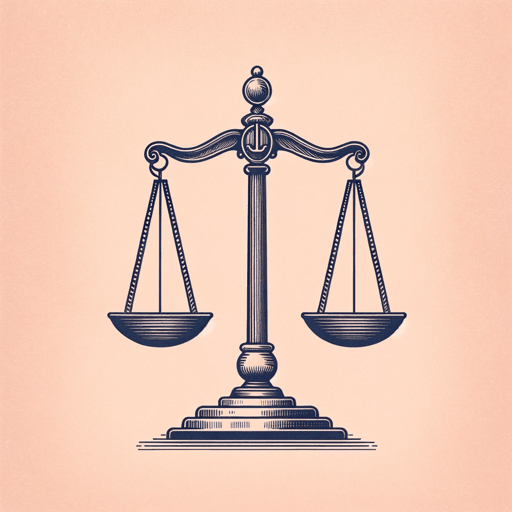47 pages • 1 hour read
MontesquieuThe Spirit of Laws
Nonfiction | Book | Adult | Published in 1748A modern alternative to SparkNotes and CliffsNotes, SuperSummary offers high-quality Study Guides with detailed chapter summaries and analysis of major themes, characters, and more.
Part 5Chapter Summaries & Analyses
Part 5, Books 24-26 Summary & Analysis
Part 5 discusses the relationship between religion and law. In Book 24, Montesquieu clarifies that his investigation of religion is political. He makes no claims about the metaphysical truth or falsehood of any given religion; he is concerned simply with the political impact of various religions. That said, he is quick to articulate the political virtues of Christianity, which, he claims, is antithetical to despotism. He writes, “Remarkably, the Christian religion, which seems to have no other object than the felicity of the other life, is also our happiness in this one!” (461). Christianity, like commerce, “softens the mores” of a society (462), and Montesquieu says it should be embraced over the religion of Mohammad (Islam) for this reason, without regard for questions of metaphysical truth. Though Christianity was unknown to the ancients, Montesquieu believes that their societies were still well-served by their philosophies, which functioned as religions. Among these philosophies, Montesquieu is especially taken by Stoicism, a belief system that dominated the worldview of many Roman patricians for centuries. He writes of the Stoics,
Born for society, they all believed that their destiny was to work for it; it was less burdensome as their rewards were all within themselves; as, happy in their philosophy alone, it seemed that only the happiness of others could increase their own (466).


